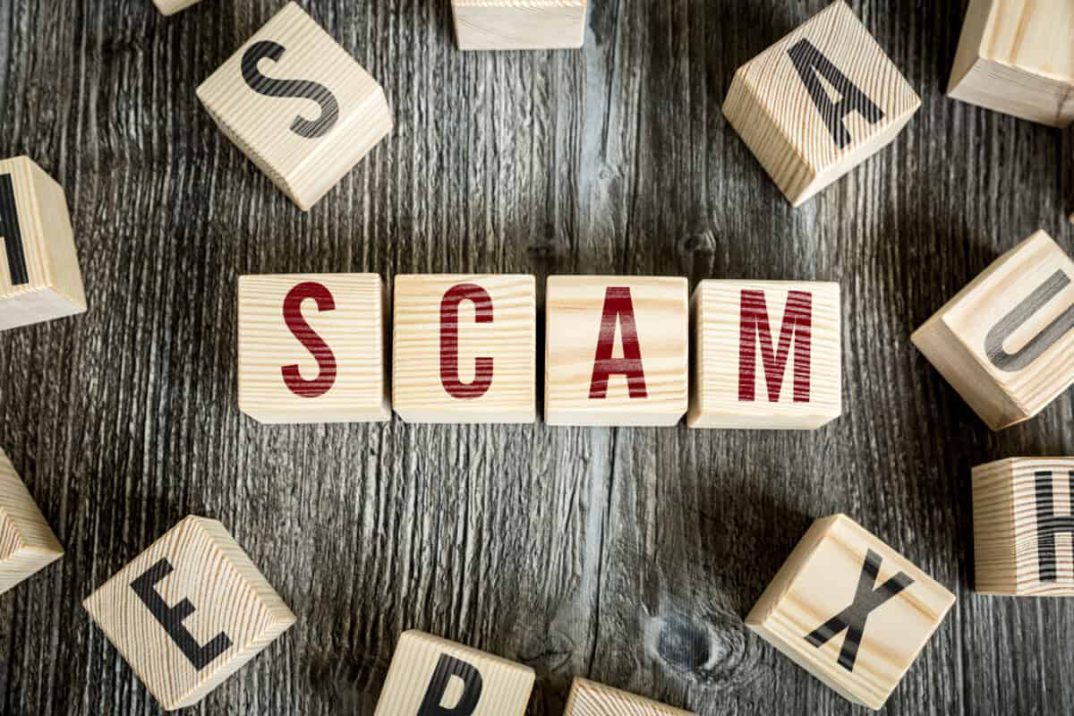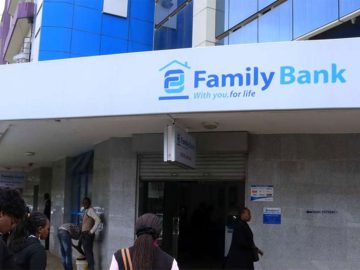Sometimes being broke isn’t that bad, but being taken for a ride is.
It is difficult not to get caught up or out in a world full of spam and scams.
If I had a penny for every e-mail I have received that was spam, I would probably be somewhere on a beach, sipping a frozen margarita and dipping my toes in the ocean.
Unfortunately, this was not my reality. On the contrary, I was in front of my laptop sipping coffee and questioning my life.
Last week, in an attempt to clean out my inbox I walked right into one of the most obvious scams – and lived to tell the tale.
My relationship with the South African Revenue Service (Sars) is like with an ex-lover. Not great. We have had our good times (payouts) and we have had our bad times (where I owed them a few zeros).
ALSO READ: Sassa debunks R1000 food parcel scam
I get very anxious around tax filing season and usually procrastinate up until November, hoping it will sort itself out.
This year, I felt like I had won the lotto when I saw an e-mail I believed was from Sars that said they had auto-assessed my account and offered me a return payout at the click of a button.
Last Friday night I decided to be proactive and sort out my tax because the e-mail in my inbox must have been sent from up above because only God knows how I really feel about Sars. (Don’t come for me Sars.)
I clicked on the link for my so-called payment and it opened a browser window with a Sars logo and all the bells and whistles.
It was as easy as one, two, three and my bank account was hacked.
ALSO READ: Computicket distances itself from Adele’s Coming to Africa concert
While I waited patiently for the transaction I thought was for me to receive money, I didn’t initially realise the pop-up message on my phone could be scammers hacking me.
When the screen displayed a “successful” message, I – without realising the mistake I had made – took a screenshot and forwarded it to my stepmother, who happens to work at Sars.
My proud moment quickly turned to panic when she replied, telling me the so-called reference numbers on the screen weren’t Sars-like reference numbers.
At that moment I knew I had been scammed and everything, from the fine print to the dodgy pop-up message on my phone, started adding up.
My bank account was hacked and someone tried to withdraw a large amount of money that I luckily didn’t have a week before pay day.
ALSO READ: Fake repair scam: Technician swindles three KZN women
According to the friendly banker who helped me stop my card on a Friday evening, the scammer tried to withdraw R12 000.
He or she is clearly out of touch with the average South African budget.
Besides being thankful for side-stepping a huge potential crisis in my finances and life, I was disappointed that I had fallen for a stupid e-mail scam.
As a journalist, I have written multiple stories about scams that were similar to my experience.
But I got lucky.
ALSO READ: Container fraud costs users R500k daily
Sometimes being broke isn’t that bad, but being taken for a ride is.
While I was grateful for having insufficient funds for my scammer’s attempts to withdraw my hard-earned money, I questioned where my fact-checking skills went that night when I eagerly filled in my bank card details on some random site.
The idea of getting the painful experience of filing my tax over and done with early in the tax season blinded my judgment and common sense, because everybody knows that if it looks too good to be true, it probably is.
This reality check not only reminded me to be more vigilant and to double-check everything, but also made me realise that it can happen to anyone.





